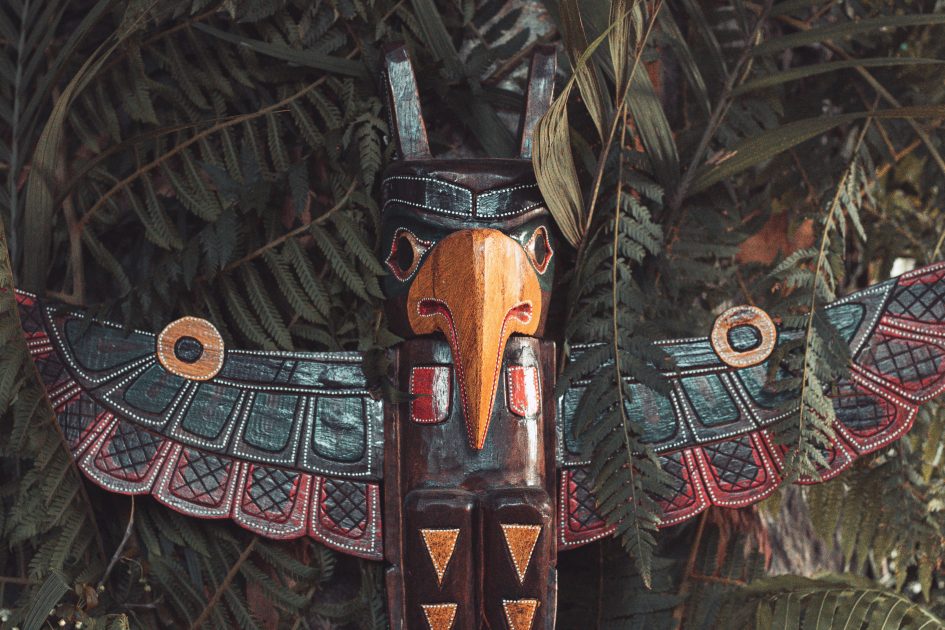Many educators feel that they are not qualified or competent enough to include indigenous perspectives into their classroom. For these educators, I would challenge them to start with small achievable goals to grow on annually. I believe most of the stress and anxiety stems from trying to make radical changes to one’s pedagogy to reinvent their identity overnight.
My subject area is in Biology so I have gathered resources catered to my future profession goals
Examples of Curricular Overlaps
Life Sciences 11 – Binomial Nomenclature, First People’s knowledge on classification
- Introduce a lesson on Linnaeus’ Binomial Nomenclature and how that is the accepted mode of organizational hierarchy in Western Science
- Compared to Indigenous naming systems grouping of plants based on their uses; medicinal, ceremonial, edible, poisonous, etc. Also, the name of a plant may change with the season depending on if it is flowering or not.
Environmental Science 11 – human actions and their impact on ecosystem integrity
- Caribou and bison migratory disruptions due to humans
- Indigenous importance of these animals culturally
Energy flow through ecosystems
- Salmon life cycles and how salmon carcasses are important for nutrient dynamics
- Importance of Salmon to Indigenous People’s
Now as far as assessing these lessons, from my readings, it has been recommended to use formative assessment and have students engage in hands-on activities. Most of the outlined goals are for students to form connections between the First People’s way of life and their own understanding of nature.
Lesson Plans templates have been recommended to follow a 7E model:
Engage, Explore, Explain, Elaborate, Evaluate, and the addition of Environment and Elders
Some potential lesson planning questions and direction for each heading:
Explore: What 1 or 2 Inquiry Questions will you focus on
Explain: Introduce the learning goals for the lesson
Elaborate: Ask questions guiding the new learning
Evaluate: Ask questions that provide opportunities to show that they understand the key concepts studied
Engage: What do you already know, and what would you like to know about the topic
Environment: How does this topic relate to the place we are living and studying
Elders: How did your experience learning from an Elder differ from traditional learning
Indigenous Resources:
FNESC – Secondary Science First Peoples Teacher Resource Guide
PUBLICATION-SCIENCE-FIRST-PEOPLES-Secondary-TRG-2019
BC Government/FNESC/Ministry of Education – Facilitators Workshop Guide
continuing_our_learning_journey_facilitators_guide
Author: Aaron Larnder
References:
- BC’s New Curriculum. ( 2019) Retrieval date: October 16th, 2019. Government of BC website: https://curriculum.gov.bc.ca/curriculum/indigenous-education-resources
- Photo by Stéfano Girardelli on Unsplash

Leave a Reply